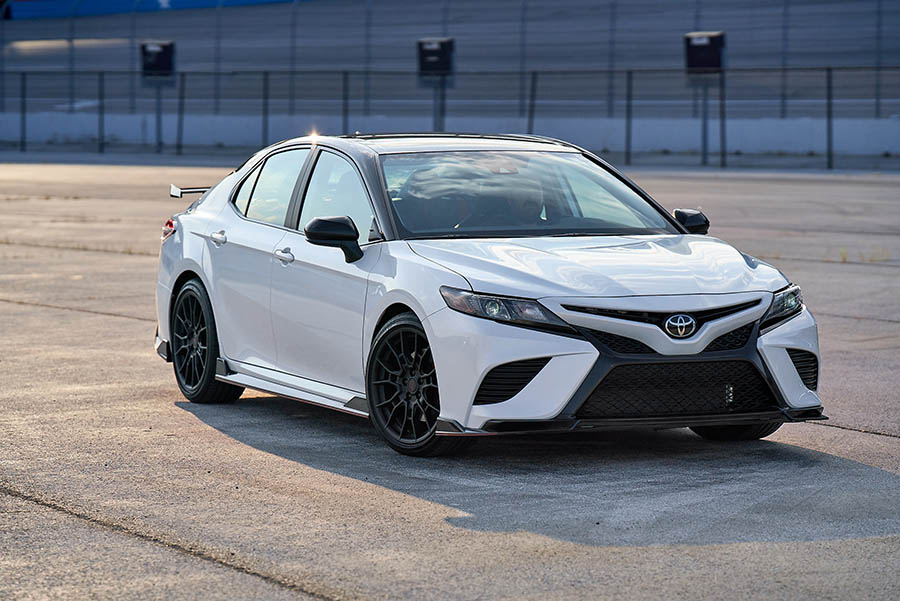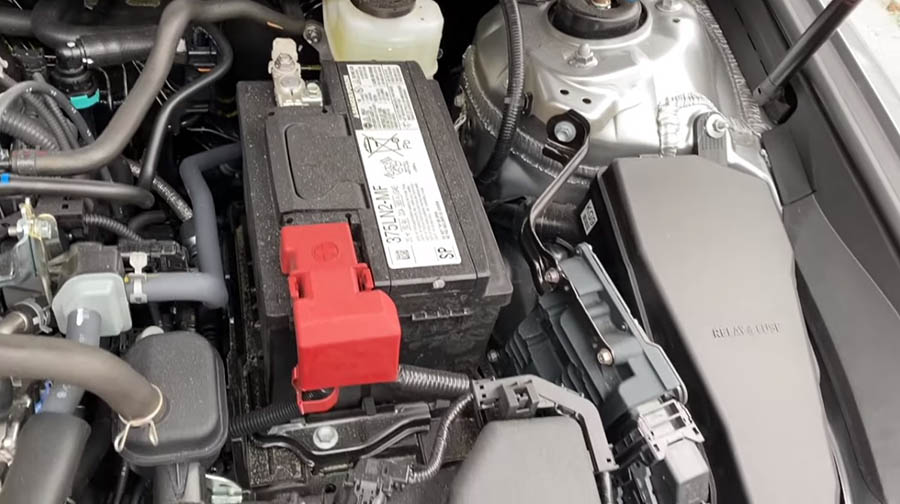If your vehicle breaks down because your engine does not start, this can have various causes. Often times, even under very specific environmental conditions, a car does not start or starts very poorly. In the following article we will explain possible reasons for this and offer appropriate solutions.

The causes of a vehicle not starting include the following defects: starter failed, battery not sufficiently charged (or defective), defective alternator , interrupted power supply (for example due to a marten/rat bite on a cable), leaks in cables and live components ( ignition distributor ) , defective ignition lock / ignition coils / spark plugs or a lack of fuel (due to defects or blockages in the area of the fuel pump, the fuel filter or the fuel line).
What can you do if your car won’t start?
First of all, you should try to isolate the cause. A quick check is, for example, whether there is enough fuel. You should also think about whether you have misfueled. In the next step you should find out what happens when you turn the ignition key. If you only hear a click, the starter moves little or normally, or there is no noise at all. If all the noises are missing, a defect in the area of the starter or its power supply is possible.
The classic cause is an empty starter battery. In this case, you should get help starting and replace your battery and / or alternator if necessary. If the starter moves normally and your car does not start, there may be a problem with the ignition system or the fuel supply. However, a click indicates that your starter has given up.
Car won’t start in cold
If you drive a diesel vehicle (older Camrys), think about the amount of fuel you have in the tank first. The so-called winter diesel contains additives so that it does not become too thick or even solid in the cold. You can get this type of fuel automatically at the usual petrol stations in winter. However, it becomes problematic if you rarely use your car and you still have summer diesel in the tank in winter. In addition, with this type of vehicle, the car does not start due to a malfunction of the glow plug.
If, on the other hand, you drive a petrol engine, a discharged or defective starter battery can be considered in addition to a lack of fuel. Such a problem occurs more and more in cold outside temperatures.
Car won’t start with a warm engine
If your car does not start when the vehicle engine is already warm, defective sensors in the intake air or in the cooling circuit are common causes. The data from these sensors are used to record the corresponding temperatures. If these values are not correct, this can prevent the engine from starting. Spark plug defects can also lead to such a problem. In case of doubt, it is worth checking the sensors with a multimeter and possibly replacing your spark plugs.
You only hear clicking noise
If your car only clicks when you turn the ignition key to start, the cause is often a defective or soon to fail starter. In the past, you could often start gasoline engines by pushing and switching on the ignition, but this procedure is no longer recommended today. Almost all modern petrol engines have a catalytic converter which could be damaged by unburned fuel when pushed. With an automatic gearbox, pushing does not work because of the torque converter. If you want to start an old Camry with diesel engine by pushing it, you must also ensure that the glow plugs are supplied with sufficient power by the battery.
Car does not start despite the new battery
When starting the engine, it is not just the voltage supply from the starter battery that plays a decisive role. It is also important that not only is the battery OK, but that it is also correctly charged by the alternator. So what can you do if your car won’t start despite a new battery?

If you have excluded the alternator as the cause, because your car is despite a fully charged battery (possibly with a suitable external charger) does not start, the starter may be the cause. The motor starter usually wears out over time, so that a corresponding failure is often announced in advance. For example, you should pay attention if you have to make several attempts to start your car. In the case of a diesel, it is also possible that the glow plugs are defective and do not generate enough heat.
Car won’t start when its wet
If your vehicle does not start when it is wet, this is often due to leakage currents in the area of your electrical engine ignition system. In the high-voltage area, penetrating moisture after a downpour or a visit to the car wash can result in the current not flowing as intended, but taking a different route.
If you want to eliminate such a fault, you have to find the leak through which the moisture penetrates. Check all cables in the high and low voltage range, especially your ignition distributor. If you find moisture where it doesn’t belong, you can use a cloth to wipe dry or a hair dryer. Then replace the affected components or seals in order to permanently eliminate the problem.
Conclusion
If your vehicle does not start, it is more than annoying. However, you shouldn’t just bury your head in the sand, but try to get to the bottom of the cause. We have given you some pointers here on where you can / should start troubleshooting. Regular maintenance will help you prevent such problems. If in doubt, however, you should contact your specialist workshop in order to have your engine starting problems finally eliminated.






Good morning every one. Thank you for information about Toyota Camry.